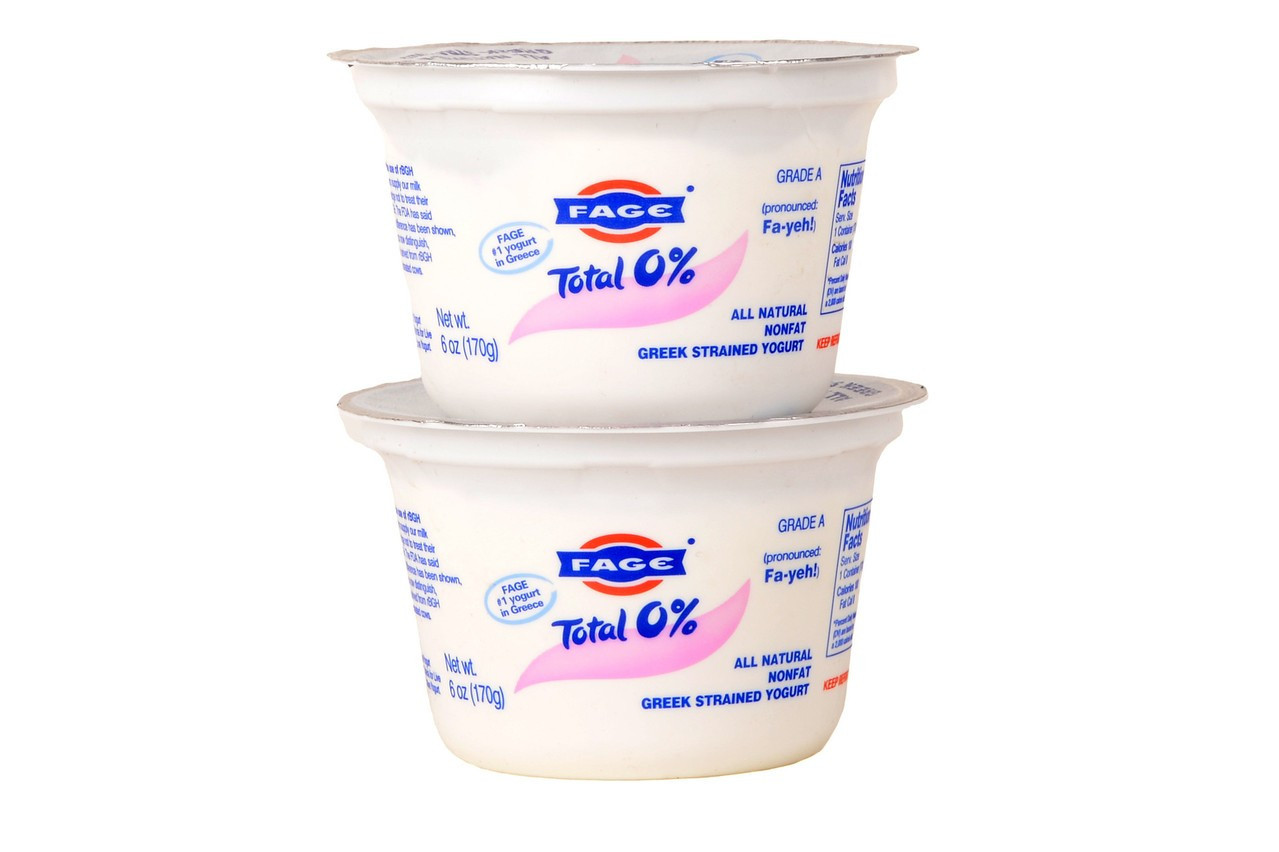Fage in September last year for a site in the south of Luxembourg after mounting opposition from environmentalists and the Dudelange and Bettembourg communes where Fage had purchased land for construction in 2016.
The company is now looking to make a €150m investment in Hoogeveen in the northeastern Netherlands, Fage said on 24 November, creating around 250 jobs. The project in Luxembourg came with an estimated investment of €280m.
The plant at the Riegmeer Hoogeven business park is expected to open in the second half of 2024 and will be able to produce 40,000 tons of yoghurt annually. Fage has signed an option contract for a 15-hectare plot of land.
Fage it is working with local authorities, including the water board. Water supply and wastewater treatment was one of the main sticking points of the Luxembourg project as the plant was estimated to need 2.5m litres of water a day to operate--the equivalent of a city with 18,000 residents--prompting concerns over its resource requirements.
In addition, Fage faced an investigation by the public prosecutor’s office. Fage over a period of eight years paid more than $53m to two consulting companies, its annual report shows. But the companies don’t employ any staff and are tied to the family behind Fage.
Economy minister Franz Fayot (LSAP) had defended the payments as tax optimisation in a on 17 September 2021 but MPs from the CSV opposition party forwarded documents to the prosecutor for investigation.
A review published in May this year by the Court of Auditors--a watchdog parliament can call on to carry out financial reviews-- in the sale of the land owned the state to Fage. For example, negotiations weren’t documented and there is no record of how both parties agreed on a price.
A pending in parliament aims to overhaul procedures for the state leasing or selling land to commercial entities or for industrial projects.
